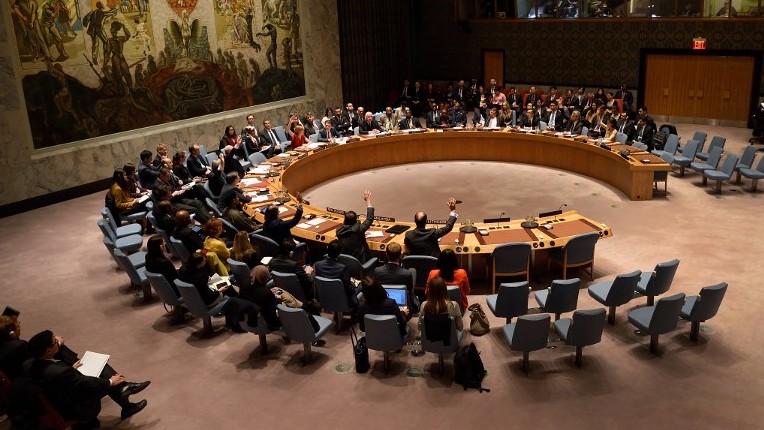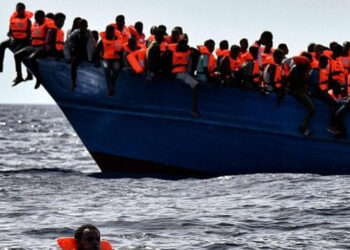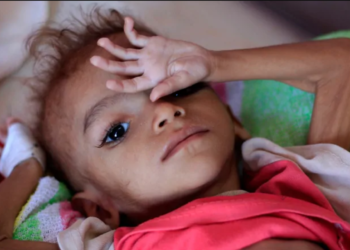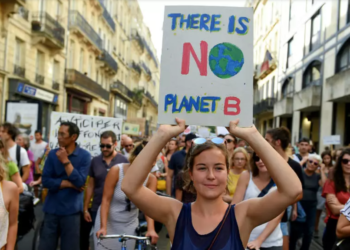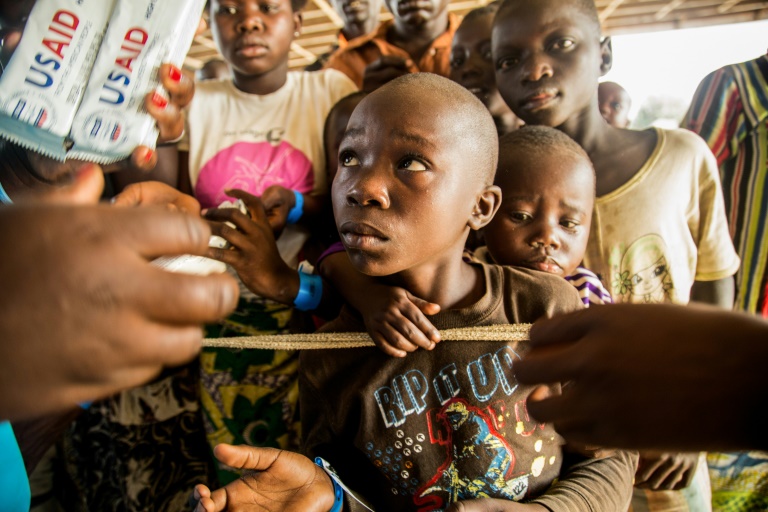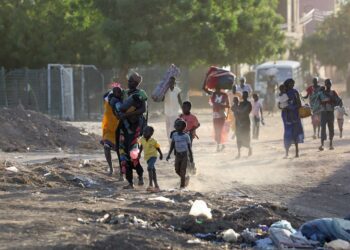The outgoing United Nations High Commissioner for human rights, Zeid Ra’ad al-Hussein, has sent the parting warning that the UN is on the brink of collapse. He stressed that it is no longer sustainable that the five permanent members of the Security Council – China, France, Russia, the U.K., and the U.S. – hold so much power over the other 188 members.
Zeid Ra’ad al-Hussein, a prince from Jordan and former ambassador to the UN, has spent the past four years calling out the grave human rights abuses in every region of the world. Despite his great efforts to improve the lives of billions of people, he leaves his post at a time when atrocities are increasing at an alarming rate. We would do well to heed his words.
Displacement, xenophobia, torture by government regimes, repression of political dissidence, and the rollback on women’s rights are just some of the many threats faced by the majority of the world population. With nationalism and populism on the rise in all corners of the globe, now more than ever we need the UN and its member states to come together and act in a positive way. However, with five countries yielding so much power, this seems unlikely.
China, France, Russia, the U.K., and the U.S. (and their empires) defeated Nazi Germany, with tens of millions of their people killed in the process. When the UN was set up, these five countries insisted on having the power to ensure that there would never be a world war again, resulting in the establishment of the Security Council.
Maintaining international peace and security is at the heart of everything the UN does. The Security Council is the only part of the UN that can intervene in countries without their consent. Its actions include sanctions, embargos, no-fly zones, and sometimes military intervention. The five permanent members are complemented by ten non-permanent members elected for two-year terms. These 15 countries decide when to intervene, but the five countries with permanent seats can veto these actions.
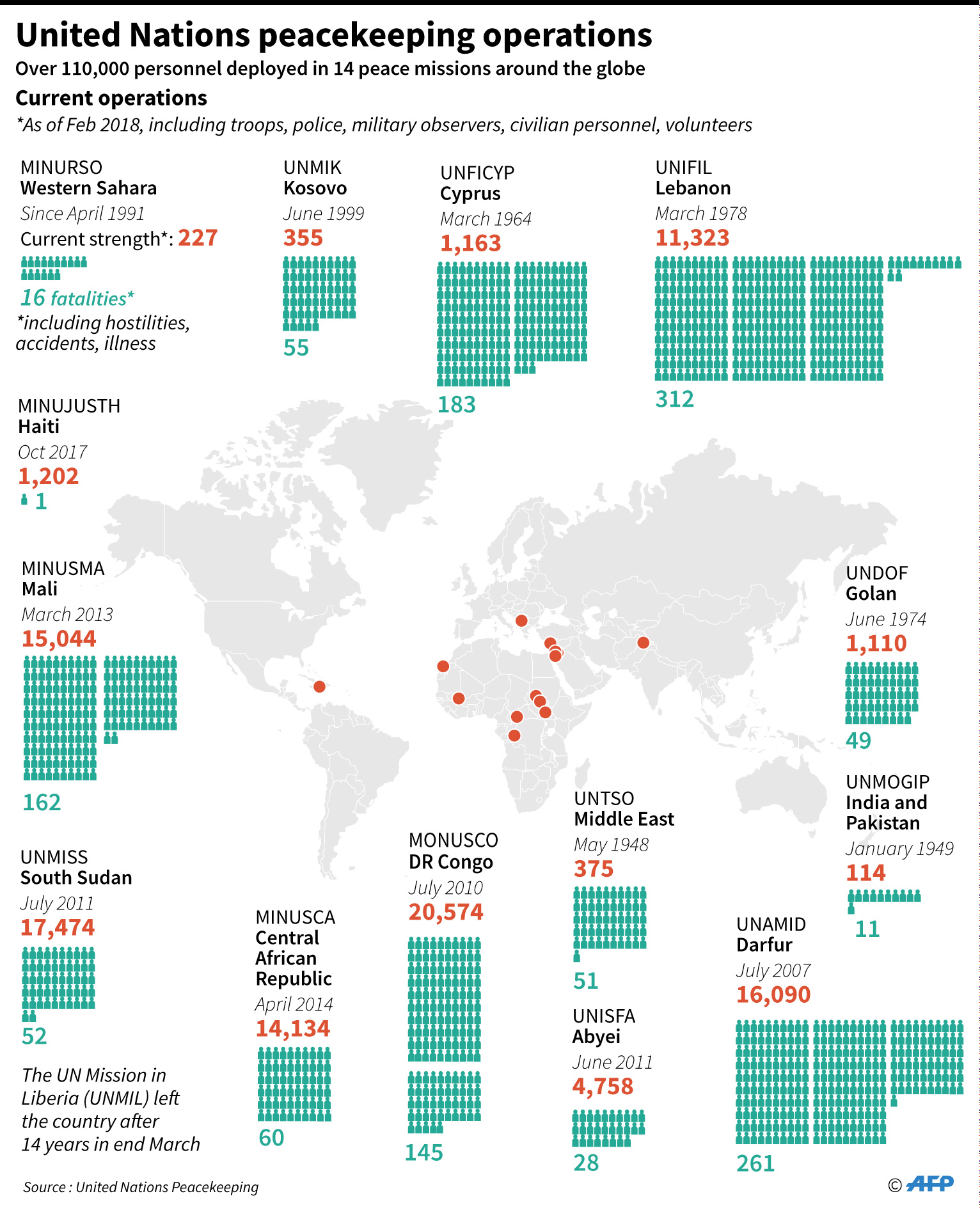
While the five permanent members remain powerful, international relations have changed drastically in the last 70 years. Approximately 100 countries have secured independence from their colonial masters since the UN was created in 1945 and there have been major shifts in the global economic and political landscape, such as the collapse of the USSR and the rise in power of BRIC states and the European Union. As a result, the current system is outdated.
Since the end of the Cold War in 1991, the Security Council has intervened in many wars and has protected millions of civilians through its peacekeeping operations. But at the same time, the five permanent Security Council members use their veto and political power to ensure that the UN does not intervene in wars in which they or their allies are involved, resulting in the ongoing suffering of millions of people.
There is no clearer example of how this plays out than the current situation in Syria. Despite the grave death and destruction of the past 8 years, many of which have been widely documented in the media, the Security Council have done nothing. Every resolution tabled aimed at ending the atrocities by Bashar al-Assad’s regime has been vetoed by Russia, and sometimes joined by China. Russia is a close ally to Assad’s regime, not only supporting its actions but also sending its national military to assist with committing atrocities. Meanwhile, the world watches and waits for the UN to act.
Of course, it is not only the Syrians that suffer from the Security Council’s permanent members using their vetoes. The people in North Korea have suffered the gravest and most sustained human rights abuses since those perpetrated by Nazi Germany. China, a key ally of North Korea, has protected the North Korean regime for decades and has enabled the deaths and suffering of millions.
This week, UN experts submitted a report to the Security Council on North Korea sanctions violations. In a blow to the report’s credibility, Russia intervened to change the report to remove mentions of Russia’s own violations of sanctions on North Korea. pic.twitter.com/5SGfqcgRPc
— U.S. Mission to the UN (@USUN) September 14, 2018
Any system that allows countries to shield their allies while they are killing, torturing, and repressing civilians is a system that must be challenged. At the same time, those inactions can and should not overshadow the excellent work that the UN does on a daily bases to improve the lives of billions of people.
Since its creation, the UN has developed and implemented a system of international human rights that protect people in a manner that preceding generations could never have dreamed. The rights of women, racial minorities, children, people with disabilities, and more have been advanced in ways that could not have been imagined at the end of the Second World War. Development activities have encouraged and ensured prosperity and resilience in economically weak, fragile, and post-conflict states. The quality of life has been vastly improved for so many people as a direct result of the financial and human resources invested by the UN.
Let’s be clear that the UN operates on a bi-annual budget of approximately $5.5 billion for the 7 billion people in the world that it serves. As a comparison, the U.K. National Health Service costs $100 billion per year to provide health care for 70 million people. We should never underestimate or underappreciate how much the UN does to improve the lives of our global population, but that does not mean we should not strive to encourage the UN to do more and to do better.
The fact that 5 out of 193 countries at the UN wield so much power is clearly a problem, but Zeid’s predictions seem somewhat defeatist. Most people focus on what those countries and the UN don’t do, rather than the vast improvements to the world that the UN has made over the past 70 years.
The UN is criticized by many actors, most of whom refuse to see the great good that it does. While reform is necessary, it is highly unlikely that any reforms will occur within the Security Council. We should not allow UN detractors to continually talk about Security Council reform as a method to undermine the global good that the UN has accomplished.
Disclaimer: The views and opinions expressed here are those of the author and do not necessarily reflect the editorial position of The Globe Post.

